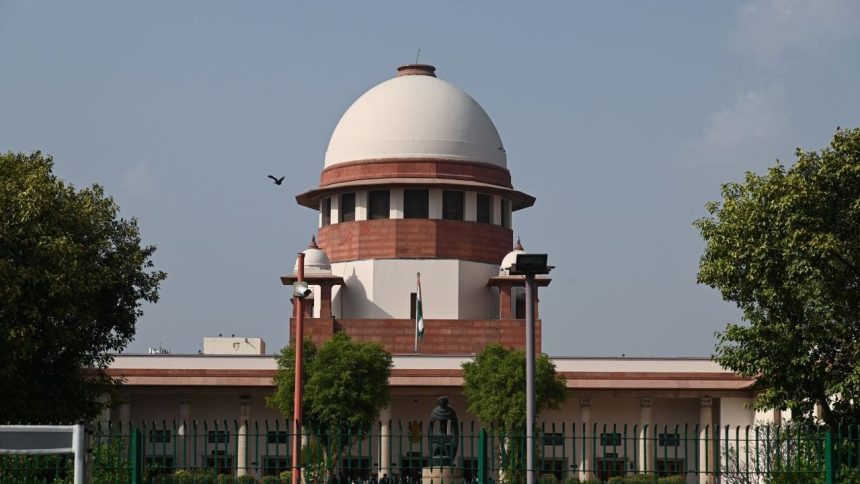New Delhi: The Supreme Court of India has declined to order a probe into allegations of quid pro quo between electoral bond donors and political parties and constitute a Special investigation Team (SIT) for the purpose.
A bench headed by the Chief Justice of India D Y Chandrachud said, “a roving inquiry based on assumptions that that there was a quid pro quo relation between the donor and the political party cannot be made by the court.”
The court also said that “at the present stage it would be premature and inappropriate for this court to constitute a SIT to probe allegations of quid pro quo, because intervention of the Supreme court must be preceded by invocation of normal remedies under the law and moreover intervention of Supreme court at the present stage would postulate that normal remedies will not be efficacious.”
The court also turned down a request to reopen the income tax assessment of political parties which had availed 100 per cent deduction on such donations
This order by the Supreme Court comes on a clutch of petitions that demanded a probe into information of quid pro quo revealed by electoral bond data.
Petitions claimed that there were gross irregularities in the purchase of electoral bonds by big corporate houses as donations to political parties by the way of electoral bonds were done with the objective of securing favour from the political dispensation in power or halting of ongoing investigations against them.
Advocate Prashant Bhushan appearing fro NGO, Common cause, told the court that electoral Bond data reveals corrupt practices not just by corporate house, but political parties, and in some cases also officers of investigating agencies.
Bhushan impressed on the court that a SIT probe in the case was warranted because of the involvement of highly influential people and that in many cases even loss making companies and companies that had come into existence just 3 years before the electoral bond scheme and barred from making political contributions purchased electoral bonds.
